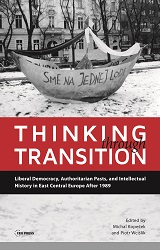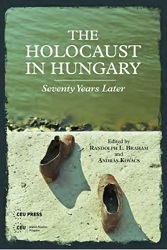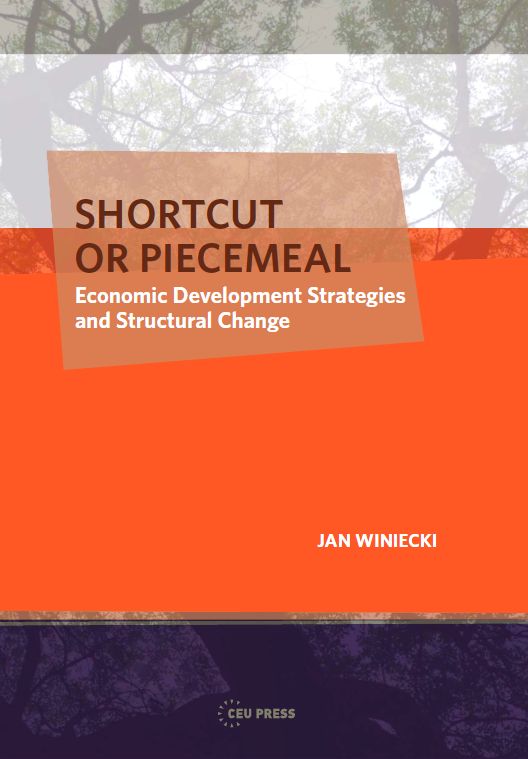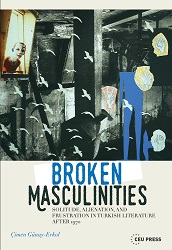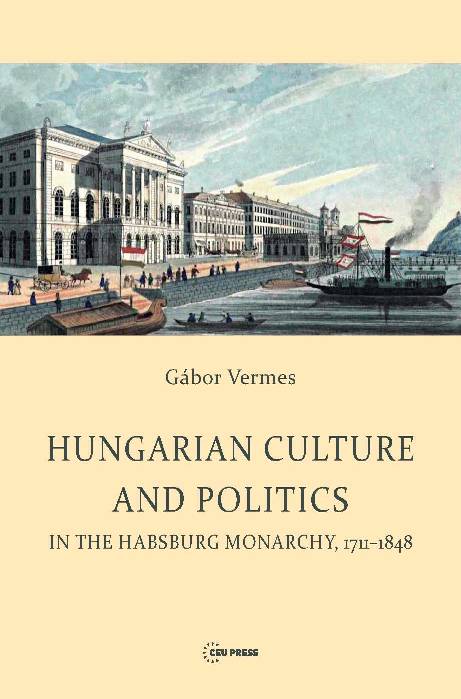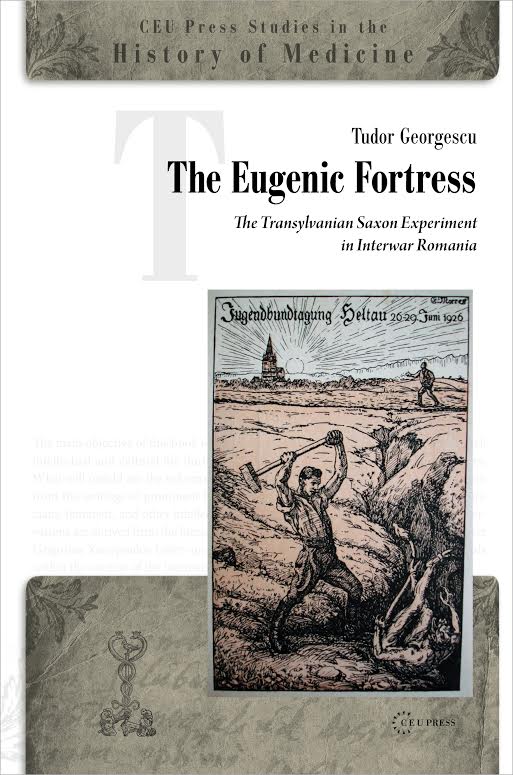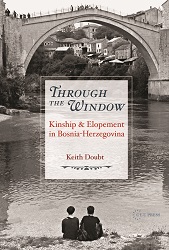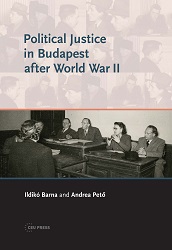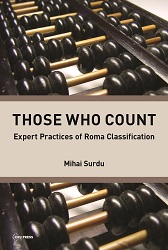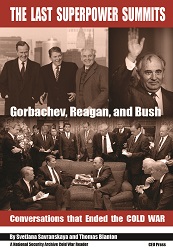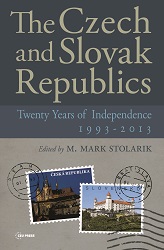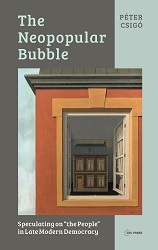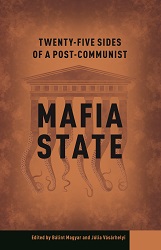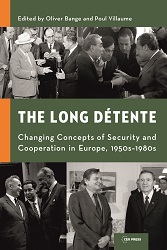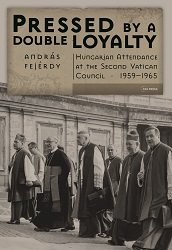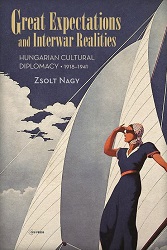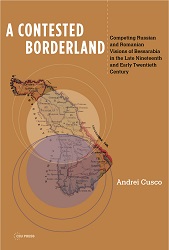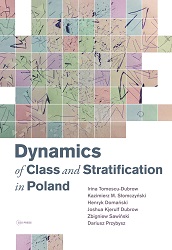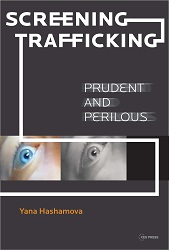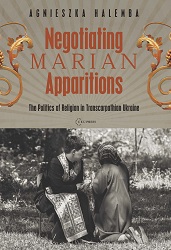
Negotiating Marian Apparitions. The Politics of Religion in Transcarpathian Ukraine
Negotiating Marian Apparitions. The Politics of Religion in Transcarpathian Ukraine
Keywords: Virgin Mary; Apparitions and miracles; Ukraine; Zakarpats’ka oblast’; church history; politics and religion
This book concerns the politics of religion as expressed through apparitions of the Virgin Mary in Dzhublyk in Transcarpathian Ukraine. The analysis provides insights into the present position of Transcarpathia in regional, Ukraine-wide, and European struggles for identity and political belonging. The way in which the apparitions site has been conceived and managed raises questions concerning the fate of religious communities during and after socialism, the significance of national projects for religious organizations, and the politics of religious management in a situation in which local religious commitments are relatively strong and religious organizations are relatively weak. The analysis contributes to the ethnography and history of this particular region and of the post-socialist world in general. The changing status of the apparition site over the years allows investigation of the questions concerning authority, legitimacy, and power in religious organizations, especially in relation to management of religious experiences.
More...
